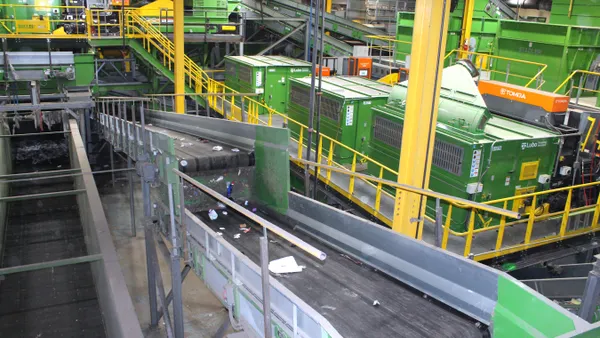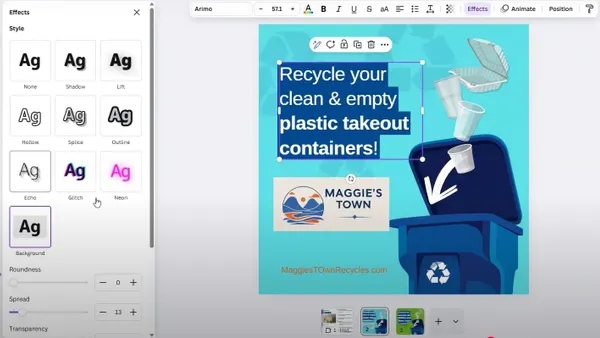Editor's note: Ocean Conservancy rescinded the Stemming the Tide report in July 2022, saying it did not accurately discuss the "outsized role" developed nations have had in the ocean plastic pollution crisis. The report has been removed from the organization's website.
Dive Brief:
- A recent Ocean Conservancy report, titled Stemming the Tide, discussed that 60% of the plastic trash in the world's oceans come from five countries: China, Vietnam, Philippines, Indonesia, and Thailand. This is due to economic growth that outpaces trash collection infrastructure, or a lack of waste management regulations.
- An analysis based on a survey of 274 experts representing 19 fields found that fishing gear, nets, fishing lines, and buoys are the items in waterways posing the greatest threat to marine life due to entanglement, ingestion, or contamination. Plastic bags were found to be the second most harmful, as marine mammals mistake them for food, according to the study of the Marine Policy by Ocean Conservancy and Commonwealth Scientific and Industrial Research Organization (CSIRO).
- Authors specifically suggest that conservation groups, scientists, and governments partner to reduce plastic flowing into oceans to "dramatically improve the lives of marine mammals and other wildlife." They state that addressing the plastics problem one product at a time will not bring a solution.
Dive Insight:
Eight million metric tons of plastic wind up in oceans worldwide every year, and environmentalists and some scientists have said for some time that these consumer products are harming and killing marine life. The new study confirms these convictions.
"We now have the best, most comprehensive assessment of trash and plastic waste on some of our most iconic marine wildlife," said Nicholas Mallos, director of the Trash Free Seas Program at Ocean Conservancy.
"With this knowledge comes the responsibility to seek the most effective solutions to stem the tide of plastics into our ocean. These solutions must range from changing our own behavior as consumers to local efforts like coastal cleanups and product-specific policy, to transformative ways to manage plastic waste at the global scale," he said.
Some young inventors and entrepreneurs are on the right track to improve the plastic problem before it becomes too great to solve. In the fall of 2015, The Ocean Cleanup announced that it would build a 62-mile barrier in the Pacific Ocean that would draw plastic into a concentrated area for collection. And, just last month, two Australian surfers announced the Seabin Project, aimed to combat pollution in residential waterways and ports.









